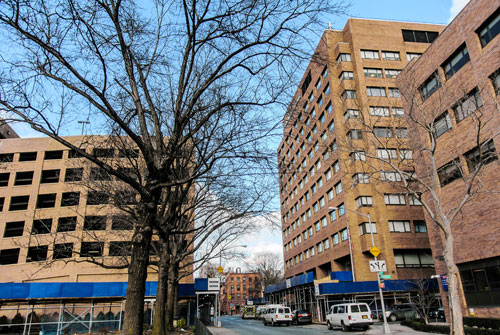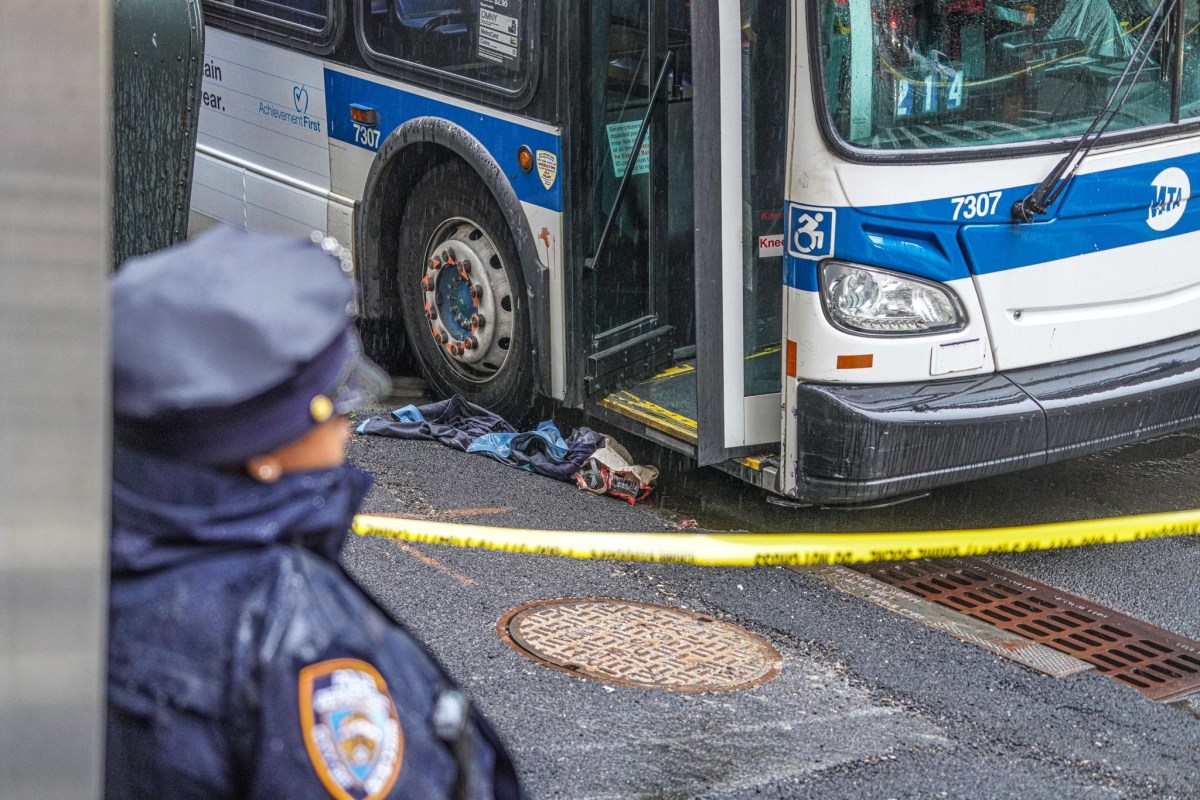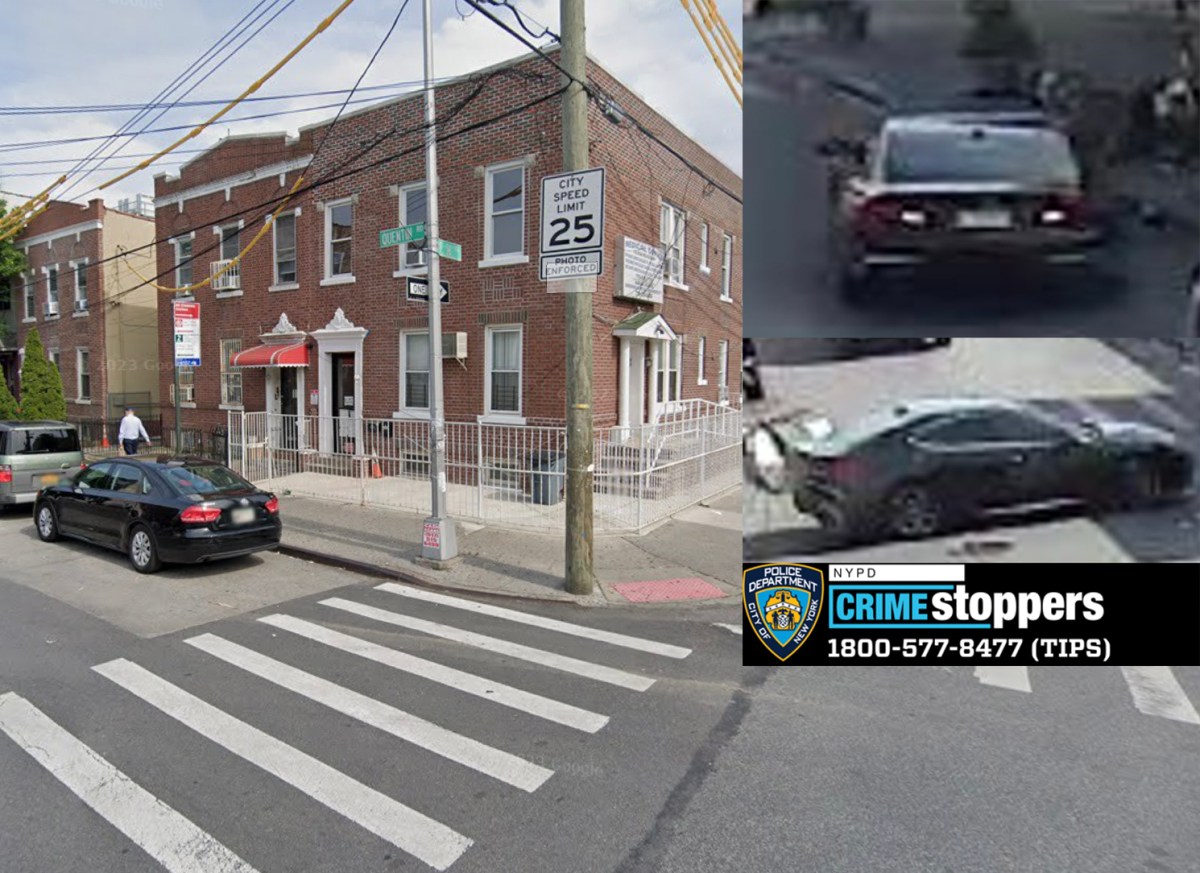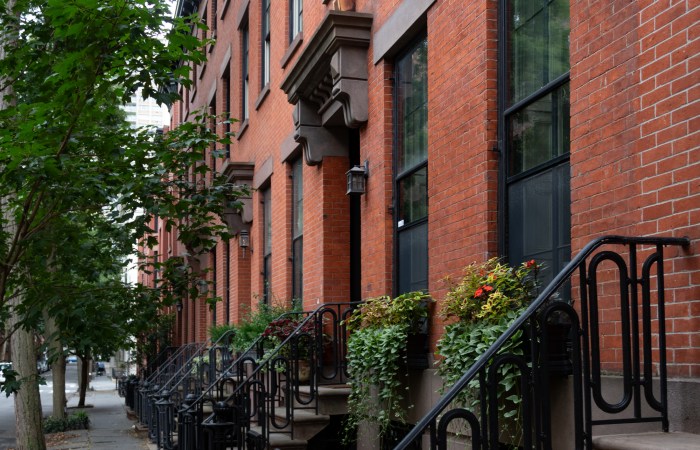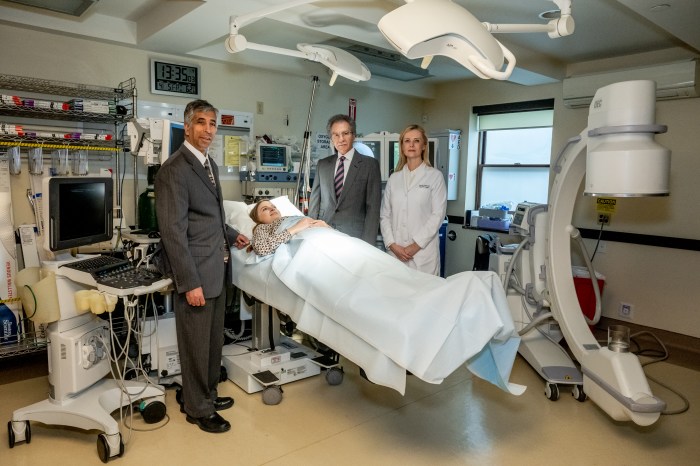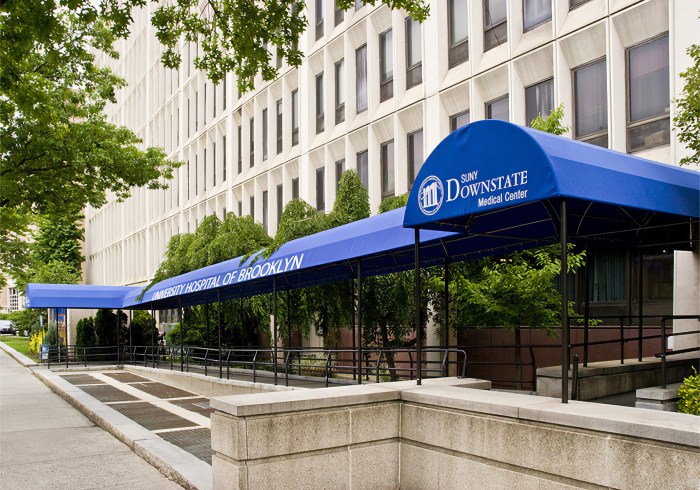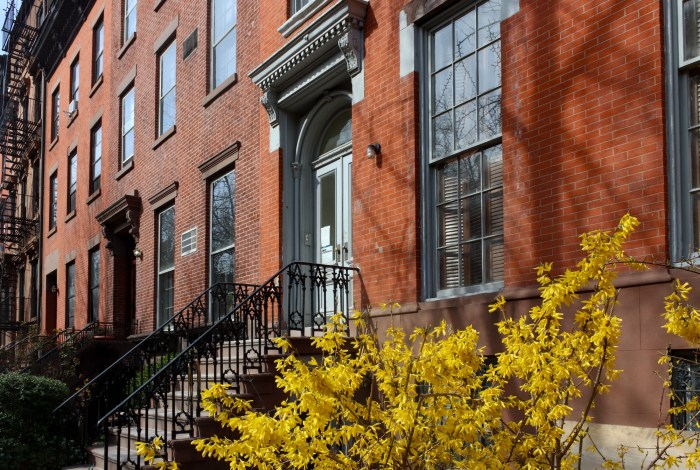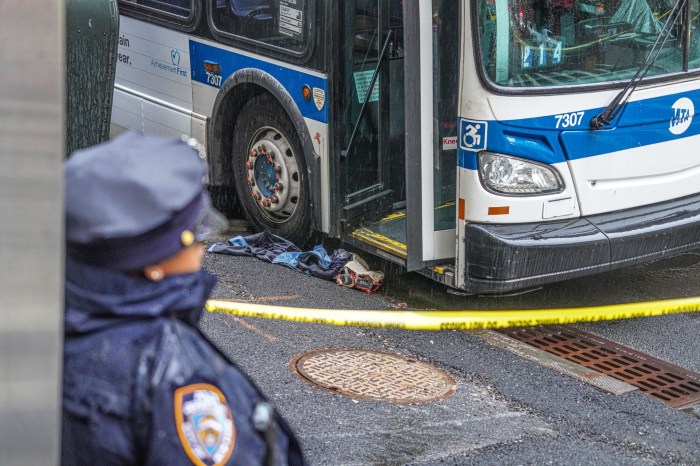A newly opened walk-in health care clinic that opened last week and is hiring doctors away from the embattled Long Island College Hospital and may offer a glimpse of the future of Brooklyn medicine.
More than half of the doctors at the just-opened Mount Sinai Doctors center in Brooklyn Heights previously worked at the 155-year-old Cobble Hill hospital, according to bios on the new center’s website, and the stripped-down model is here to stay, Mount Sinai executives said at the opening on Wednesday.
“We believe at Mount Sinai that health care is migrating to the ambulatory sector,” Mount Sinai President Arthur Klein said, explaining that patients want to walk in and get treatment without having to face the long lines of hospitals.
The urgent-care center sits in the top two floors of an 18-story tower on Cadman Plaza West at Pierrepont Street, just a 10-minute walk from Long Island College Hospital, where 15 of 29 staff doctors at the new clinic once worked. The new facility operates as an extended hours, one-stop doctor’s office, providing many of the same services as a hospital, including X-rays and specialist exams, but without the overnight beds and high overhead costs of a full-service hospital. The model is catching on nationally — more than 300 urgent-care centers have opened around the country in the last two years and more than a third are planning to expand, according to the Urgent Care Association of America — as health care providers restructure in anticipation of increased demand for emergency care created by President Obama’s Affordable Care Act and, in Brooklyn, as borough hospitals close.
On the one hand, three of the eight Brooklyn urgent-care centers that appear in online listings opened in the past two years. On the other, four borough hospitals have closed since 2000, according to state records, and Long Island College Hospital as well as Bedford-Stuyvesant’s Interfaith Medical Center are in legal and financial limbo as the state has tried to close them over the objections of staffers and residents of surrounding neighborhoods.
Executives for Mount Sinai, which operates a highly-ranked hospital in Manhattan, say their bet on an urgent-care center in brownstone Brooklyn has nothing to do with the critical condition of hospitals nearby, and that the new facility will actually help matters.

“I think it’s fair to say that the opening of this location has nothing to do with the troubles of Long Island College Hospital,” Klein said, adding that the urgent-care center’s admission of low-risk patients will take the burden off of crowded borough emergency rooms.
The urgent-care center will stay open until 9 pm on weeknights and 5 pm on weekends and will offer pediatricians, cardiologists, allergists, and gynecologists, among other specialists. But whatever the merits of urgent-care over hospital treatment, one of Mount Sinai’s claims to superiority fell short.
“You don’t have to be in a horrible setting,” the care center’s director Peter Tesler said of the Mount Sinai in Brooklyn Heights experience. “You can be getting your colonoscopy while looking out on the view of lower Manhattan.”
The view from the 18th floor is indeed stunning, but Long Island College Hospital boasts panoramic views of the New York Harbor, too, which is part of why real estate experts value the land beneath the hospital at more than $500 million and why it is still possible, despite the hospital’s internal distress, to take a tour of your lower intestine while gazing at the Statue of Liberty.
The troubled Cobble Hill hospital recently saw the return of ambulances and overnight patients after a judge ordered the state to restore full emergency service and relinquish control, but so far, no replacement operator has stepped up to take over.



